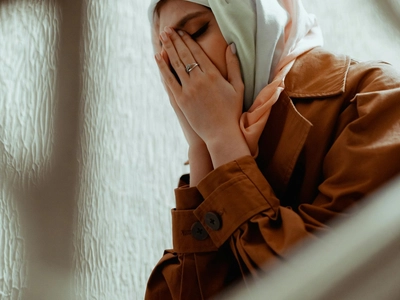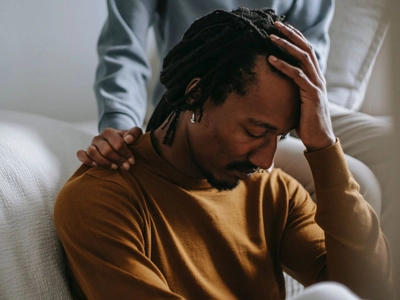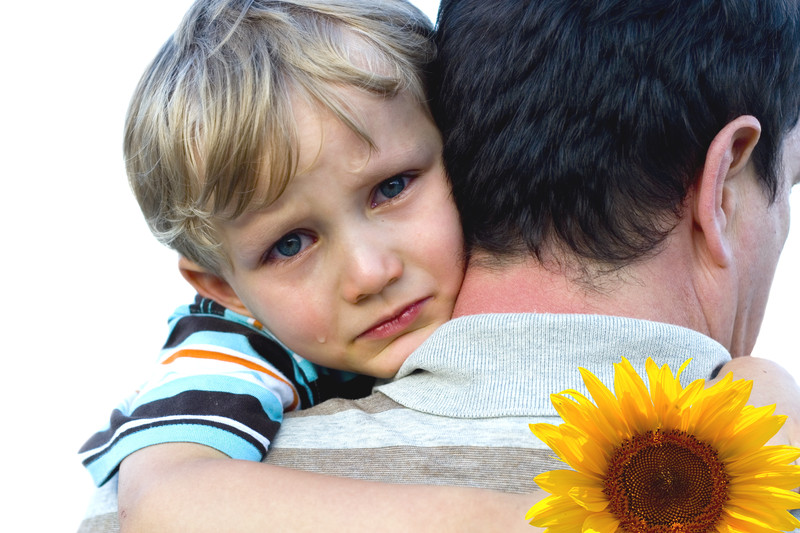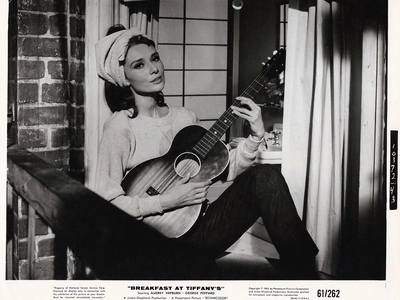The Mysterious Coffee Cup: What Science Reveals About Grief's Midnight Visits
When grief strikes, your brain doesn't stop processing pain just because you close your eyes. In fact, sleep becomes a theater where your subconscious mind plays out the most complex emotional drama of your life. That mysterious coffee cup appearing on your counter? It might not be as mysterious as you think.
Recent neurological research reveals that grief literally rewires the brain, creating new neural pathways while desperately trying to maintain old ones. When you lose a spouse, your mind has spent years—maybe decades—creating automatic behavioral patterns tied to their presence. Making coffee for two. Setting out two cups. These actions become so deeply embedded in your neural circuitry that they can continue operating even when consciousness has shut down for the night.

The Sleepwalking Widow: More Common Than You'd Expect
Dr. Sarah Mitchell, a sleep specialist at Johns Hopkins, has documented dozens of cases where recently widowed individuals perform complex nighttime behaviors with no memory of them. "The brain is essentially trying to complete unfinished emotional business," she explains. "These actions aren't random—they're deeply meaningful attempts to maintain connection."
Sleepwalking episodes in grieving individuals often involve:
- Preparing meals or beverages for the deceased
- Setting the table for two
- Laying out clothes for their partner
- Having full conversations with empty rooms
- Performing elaborate grooming or care rituals
What's particularly striking is how precise these behaviors are. The coffee isn't just made—it's prepared exactly how the deceased spouse preferred it. The cup isn't randomly chosen—it's often their favorite mug, placed in their usual spot.
When Community Steps In: The Silent Angels of Grief
But here's where the story gets even more intriguing. Sometimes that mysterious coffee cup isn't the result of unconscious behavior at all. It's evidence of something equally powerful: community care operating in the shadows.
Neighbors, friends, and even strangers who understand the weight of loss often become "grief angels"—people who perform small acts of kindness without seeking recognition or acknowledgment. They slip in through unlocked doors, tidy up, leave prepared meals, or yes, wash dishes and make coffee.
Maria Santos, a widow support group leader in Phoenix, shares: "I've had members tell me about mysterious help appearing in their homes. A neighbor with a spare key. A family member checking in. A church member who remembers their routine. These people become invisible caretakers, too moved by someone's pain to let them struggle alone."
The Psychology of Phantom Routines
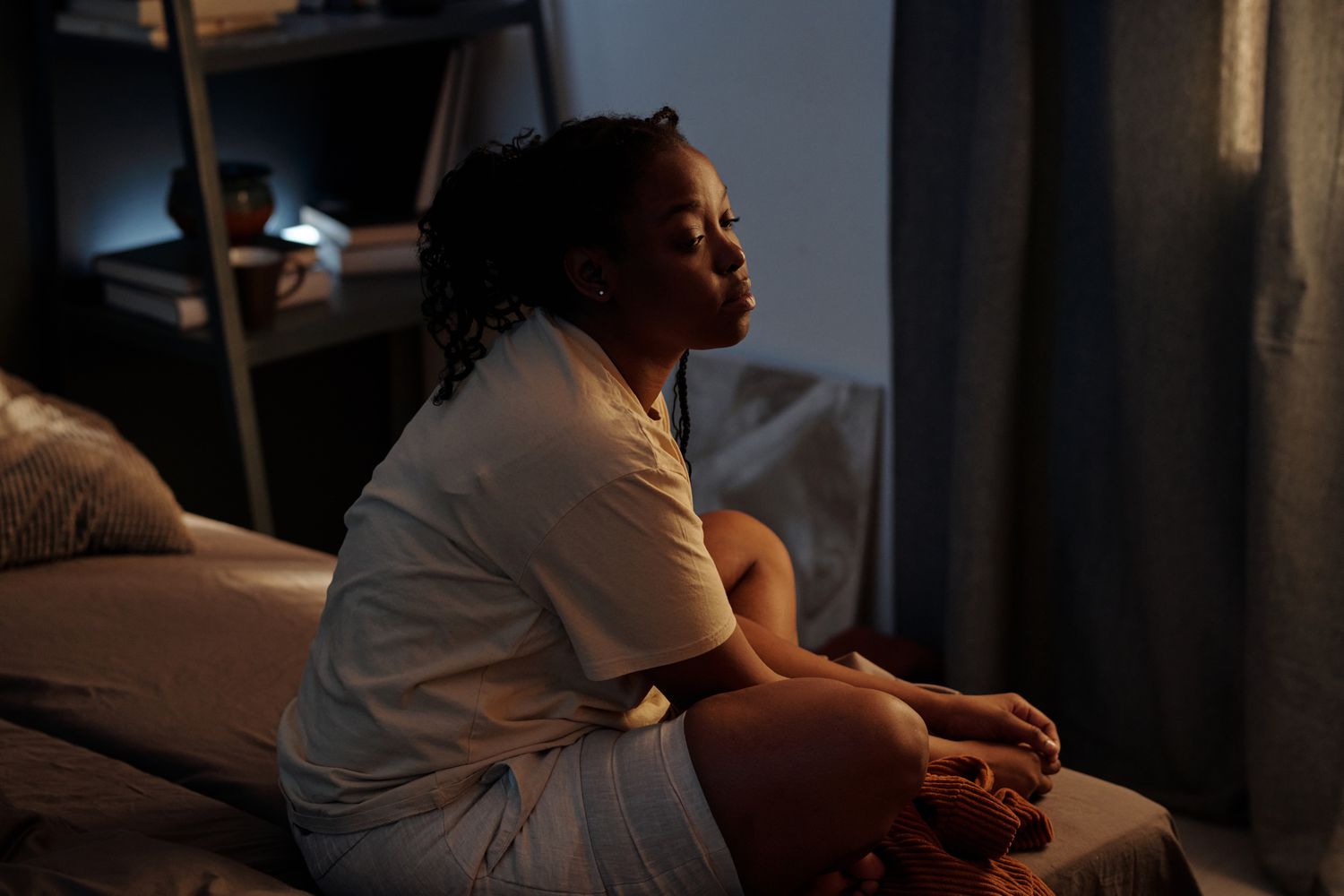
Whether the coffee cup appears through unconscious behavior or community kindness, both phenomena serve a crucial psychological function. They maintain what grief counselors call "continuing bonds"—ongoing relationships with the deceased that don't end with death.
Dr. Rebecca Chen, author of "The Grieving Brain," explains: "Our minds are wired for connection. When that connection is severed by death, the brain doesn't immediately delete decades of shared routines. Instead, it finds ways to preserve them, even if we're not consciously aware it's happening."
These phantom routines can include:
- Automatically cooking for two
- Buying their favorite foods
- Saving interesting news to share with them
- Reaching for the phone to call them
- Speaking to them throughout the day
The Healing Power of Mystery
What's remarkable is how these unexplained occurrences often provide more comfort than fear. That coffee cup becomes a bridge between worlds—a tangible reminder that love transcends physical presence. Whether it's your own hands washing it at 3 AM or a neighbor's quiet kindness, the message is the same: you are not alone in your grief.
Research from the University of Arizona shows that people who report "after-death communications" or unexplained occurrences following a loss tend to adjust better to their grief over time. These experiences, whether psychological or spiritual, seem to ease the transition from "us" to "me."
When to Seek Support
If you're experiencing unexplained behaviors or mysterious occurrences after a loss, you're not losing your mind. You're experiencing one of the most human responses to grief. However, there are times when professional support becomes crucial:
- If sleepwalking becomes dangerous or frequent
- If you're unable to function during waking hours
- If grief symptoms worsen rather than gradually improve
- If you're unable to accept the reality of your loss after several months
The Truth About That Coffee Cup
So what's really behind that mysterious coffee cup? The truth is, it doesn't matter. What matters is what it represents: love that refuses to be extinguished by death, community that shows up without fanfare, and a brain that's doing everything it can to help you heal.
Whether you're washing that cup in your sleep, or someone who cares is washing it for you, the message is profound. Grief may change the form of love, but it never eliminates it. And sometimes, the most powerful healing happens not in the light of day, but in the mysterious hours when our defenses are down and love finds a way to continue its ancient work.
That coffee cup isn't a mystery to be solved—it's a gift to be received. A reminder that even in the deepest darkness of loss, something sacred is still stirring, still caring, still showing up. And that, perhaps, is the most beautiful mystery of all.


